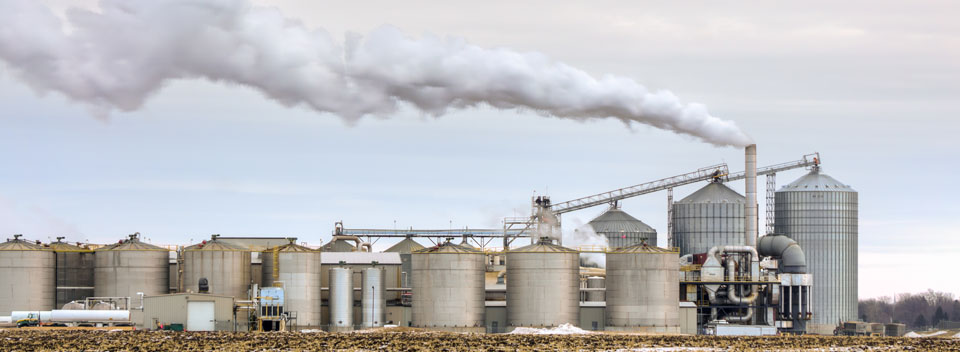The past two decades or so have been extraordinary for energy producers in the United States. Two of the most noteworthy have been first, the exponential growth of the use of hydraulic fracturing, or fracking, for oil and gas production and secondly, the equally impressive growth of an industry to produce ethanol for fuel. Neither of these two is really new, fracking was first used to enhance gas production from a well in the US in Grant, County, Kansas in 1947. Ethanol has been around and available for use as a fuel ever since Henry Ford declared it the most suitable fuel for use in automobiles. What changed was the development of coupling horizontal well drilling with fracking for oil and gas and the passage of the Renewable Fuel Standard for ethanol. Clearly both of these developments are significant and both have made indelible impacts on the world stage.
While the US is currently enjoying it’s status as the world leader of crude oil and natural gas that will change. As more and more well fields are depleted using fracking the boom for crude oil will fade, it’s just a matter of time. The availability of the natural gas discovered as part of the fracking operations will probably last for a good bit longer but that doesn’t provide a liquid fuel source for transportation vehicles. Recent events, like the killing of Iran’s Oassem Solemani, have highlighted reasons to pay attention to both industries, especially if the concern is for a long-term stable energy policy.
The turbulence in the market due to the aforementioned event clearly illustrates how dependent America is on foreign oil despite the current production trends. It is entirely predictable that more such, possibly even more momentous, events will occur. The effect such events will have, both in scale and scope is not predictable.
Despite all the above it remains the policy of the US government to restrict the use of ethanol as a more important percentage of the gasoline available for use. This makes no sense. There is ample corn and other raw materials available for ethanol production and certainly enough production capacity available to immediately make something like E15 a national standard. This change would, in addition to helping insulate the US from the volatile unpredictable world oil market, have the side benefits of greatly assisting our struggling farmers, increasing employment opportunities, and helping to improve our air quality. Ethanol is also historically and currently, less expensive than RBOB, the wholesale gasoline used for blending.
Elections seem to be the time when policy makers pay the most attention to constituents. So now is a very good time write, call or if possible speak to them in person and let them know your thoughts, I do whenever I get a chance.

Bob Miller, Industry Consultant
Education: Bachelor of science in mechanical engineering, University of Nebraska, Lincoln, 1975. Masters in management, Salve Regina University, Newport, RI, 1986. Masters in international strategic studies, U.S. Naval War College, Newport, RI, 1986.
Career: Consultant since 2011. Plant manager, E Energy Adams, Adams, NE, 2007-11. Vice president of bulk manufacturing, Florida Distillers, Lake Alfred, FL, 1995-2007. Plant manager, Florida Distillers, Auburndale, FL, 1991-95. Production supervisor, Florida Distillers, Lake Alfred, FL, 1989-91. Commissioned officer, U.S. Navy carrier pilot, 1975-89. Enlisted petty officer, U.S. Navy Polaris submarine missile technician, 1968-75.

